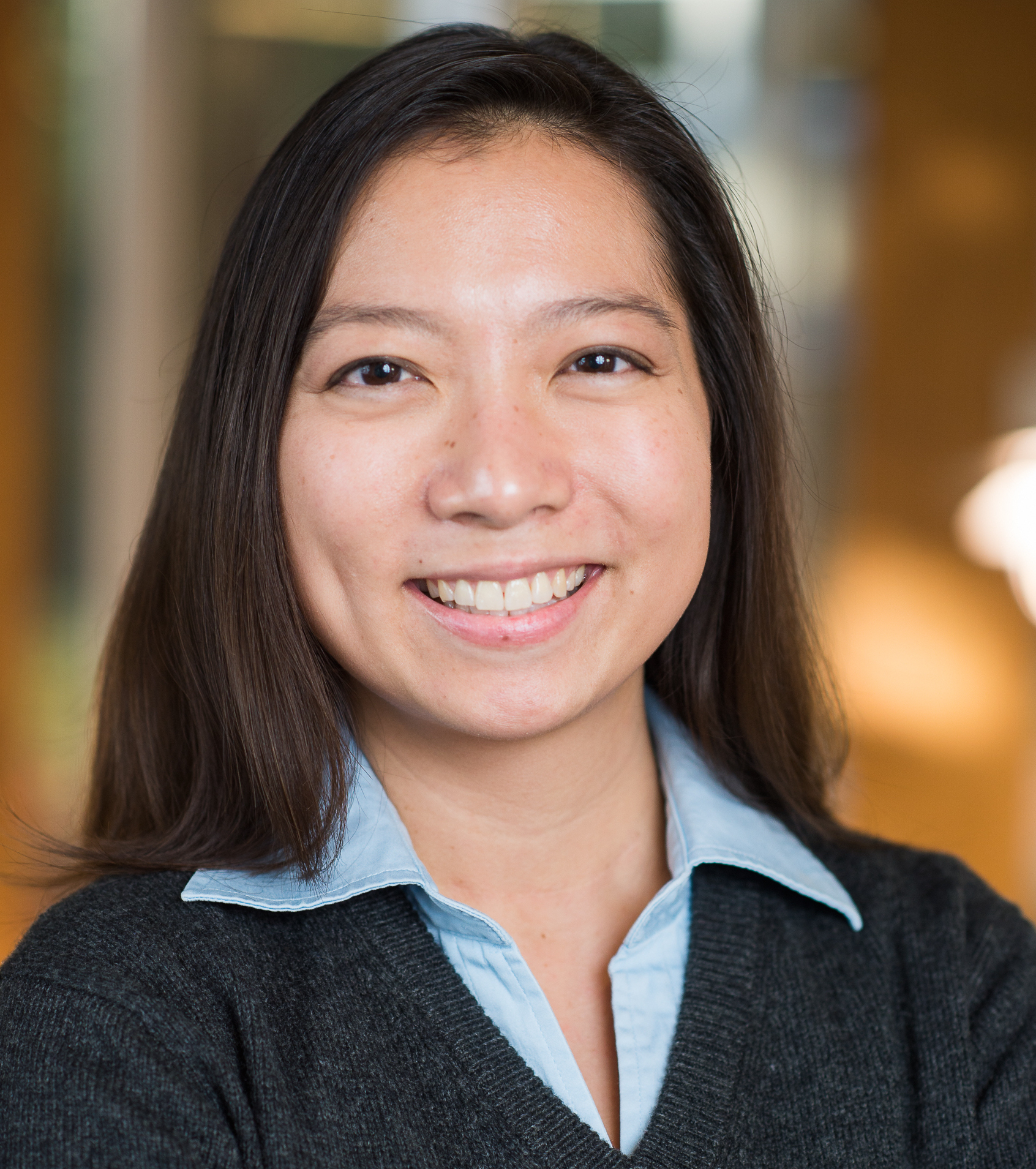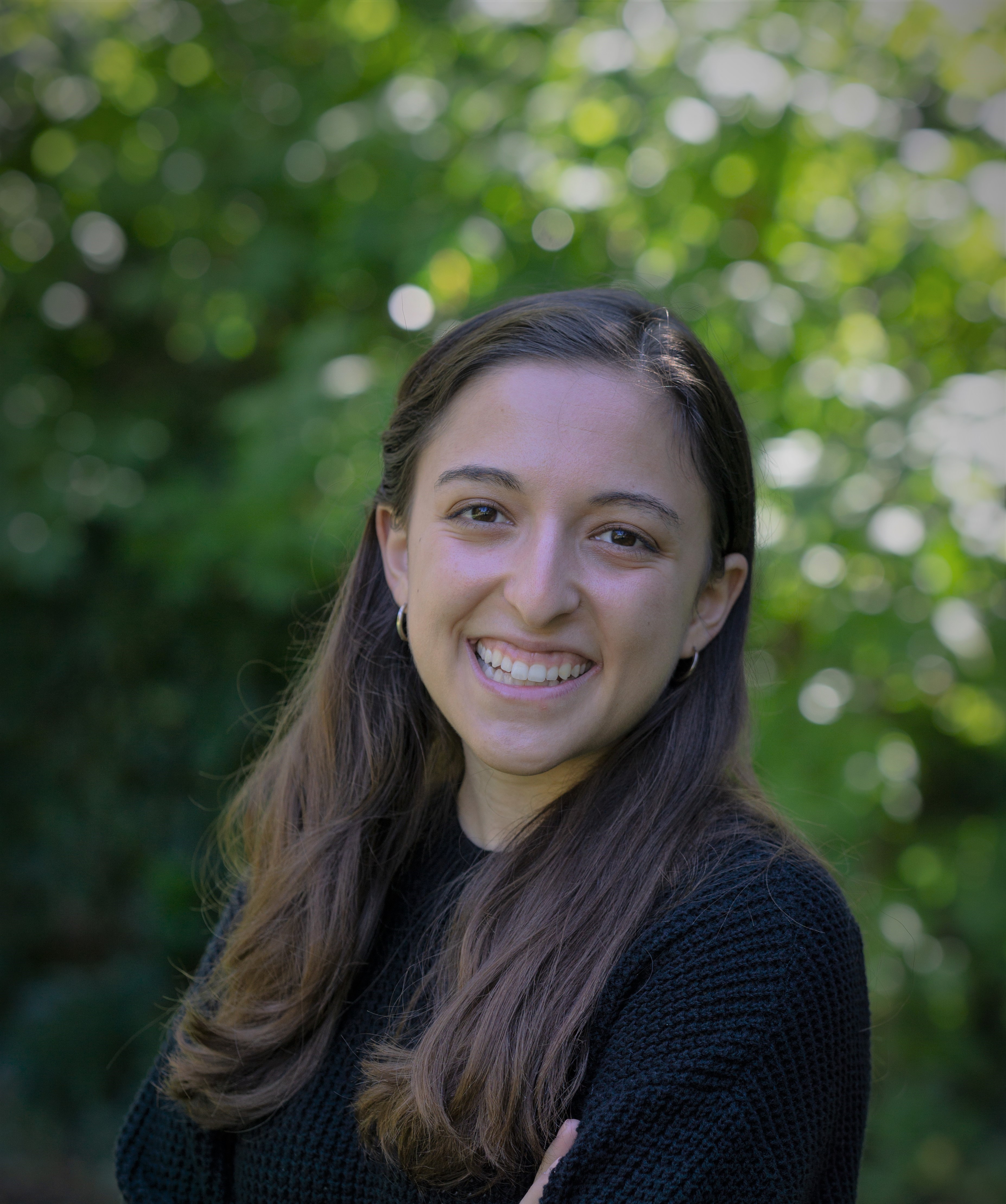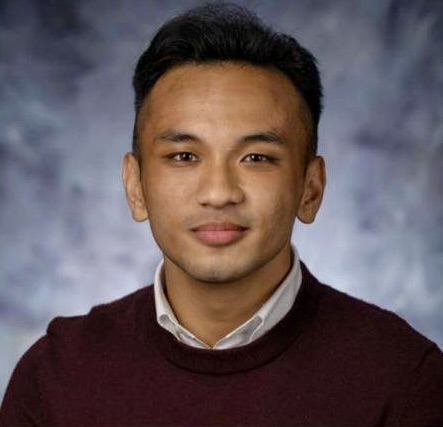Understanding Hate in the Information Age: Media Access and Hate Across Regions
Abstract
This project explores the broader information environment that contributes to hate, as well as its potential to spread through traditional and social media. While we normally think of the psychological and cognitive aspects of hate, because hate is fundamentally a relational orientation–often defined and conceptualized as applying to other people or groups–the social and political context is equally important to understand. We propose a cross-regional project to explore the dynamics of misinformation and hate, comprising a new global database and the development of new measures of hate, as well as analyses of indicators for hate and hate speech in four regions that are experiencing challenges to media freedom and increases in misinformation: Latin America, Russia and Eastern Europe, the Middle East, and Southeast Asia. This project focuses on how people worldwide are exposed to messaging with the potential to foster hate, and how they process and act on that information. Our work seeks to explore how people around the world evaluate the credibility of the information around them and how this information context affects their attitudes and orientations towards other groups, with the goal of designing interventions to improve resilience to hate and its effects.
Field
Political Science, National Bureau of Economic Research, UCLA Center for European and Eurasian Studies, UCLA Center for Southeast Asian Studies
Team
Cesi Cruz (Professor), Daniel Treisman (Professor), Rachel Berwald (Ph.D. Candidate), José Gloria (Ph.D. Student), Daniel Harkin (Ph.D. Student), and Nikita Savin (Ph.D. Student)
Cesi Cruz
Cesi Cruz is an Associate Professor and Vice Chair for Graduate Studies in the Department of Political Science at the University of California, Los Angeles. She works on topics at the intersection of political science and economics, including elections, misinformation, gender and inclusive development. Her research is based on fieldwork in Cambodia and the Philippines and combines social network analysis, surveys, and field experiments. Her work has been published in outlets such as the American Political Science Review, American Economic Review, American Journal of Political Science, Economic Journal, and Comparative Political Studies.
Cesi is a board member of Experiments in Governance and Politics (EGAP), the Society for Institutional and Organizational Economics (SIOE), and Empirical Studies of Conflict (ESOC). In addition, she serves on the executive board of Women Also Know Stuff, an organization to promote women’s scholarship in political science. Her projects and working papers are available on her website: www.cesicruz.com.
Daniel Treisman
Daniel Treisman is a Professor of Political Science at the University of California, Los Angeles, a Research Associate of the National Bureau of Economic Research, and Interim Director of UCLA’s Center for European and Russian Studies. A graduate of Oxford University (B.A. Hons) and Harvard University (Ph.D.), he has published six books and many articles in leading political science and economics journals including The American Political Science Review and The American Economic Review, as well as in public affairs journals such as Foreign Affairs and Foreign Policy. His research focuses on Russian politics and economics as well as comparative political economy, including the analysis of democratization, the politics of authoritarian states, political decentralization, and corruption.
A former interim lead editor of The American Political Science Review, he has served as associate editor or on the editorial boards of the journals Post-Soviet Affairs, Comparative Political Studies, Economics and Politics, Politeia, and the Russian Journal of Economics. He has been a consultant for the World Bank, the European Bank for Reconstruction and Development, and USAID. In Russia, he has served on the International Advisory Committee of the Higher School of Economics and as a member of the Jury of the National Prize in Applied Economics.
He has been a Guggenheim Fellow and a visiting fellow at the Hoover Institution (Stanford), the Institute for Human Sciences (Vienna), and the Center for Advanced Studies in the Behavioral Sciences (Stanford). He is currently an Andrew Carnegie Fellow. In 2023, he was elected to the American Academy of Arts and Sciences. His latest book, co-authored with Sergei Guriev, Spin Dictators: The Changing Face of Tyranny in the 21st Century (Princeton University Press, 2022), has been translated into 13 languages and won the Prix Guido et Maruccia Zerilli-Marimo of the Académie des Sciences Morales et Politiques in Paris.
Rachel Berwald
Rachel Berwald is a political science Ph.D. student at the University of California, Los Angeles, focusing on comparative political communication. Her research primarily investigates the interaction between polarization, misinformation, and elections in Latin America. Some of her current projects include evaluating the role partisanship plays in how individuals process information in Brazil and using gameplay as a tool to combat misinformation.
José Gloria
José is currently a PhD student in Political Science at UCLA, with previous training in Economics. Additionally, he is consulting for the World Bank for projects surrounding misinformation in the Philippines. He combines methods in Economics and Political Science and his research interests lie in the Political Economy of Development, specifically in regards to State Capacity and Institutions in the Philippines and Latin America.





